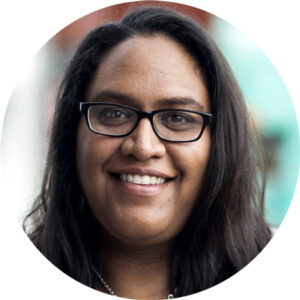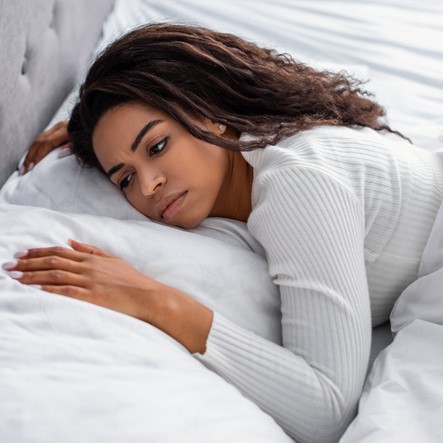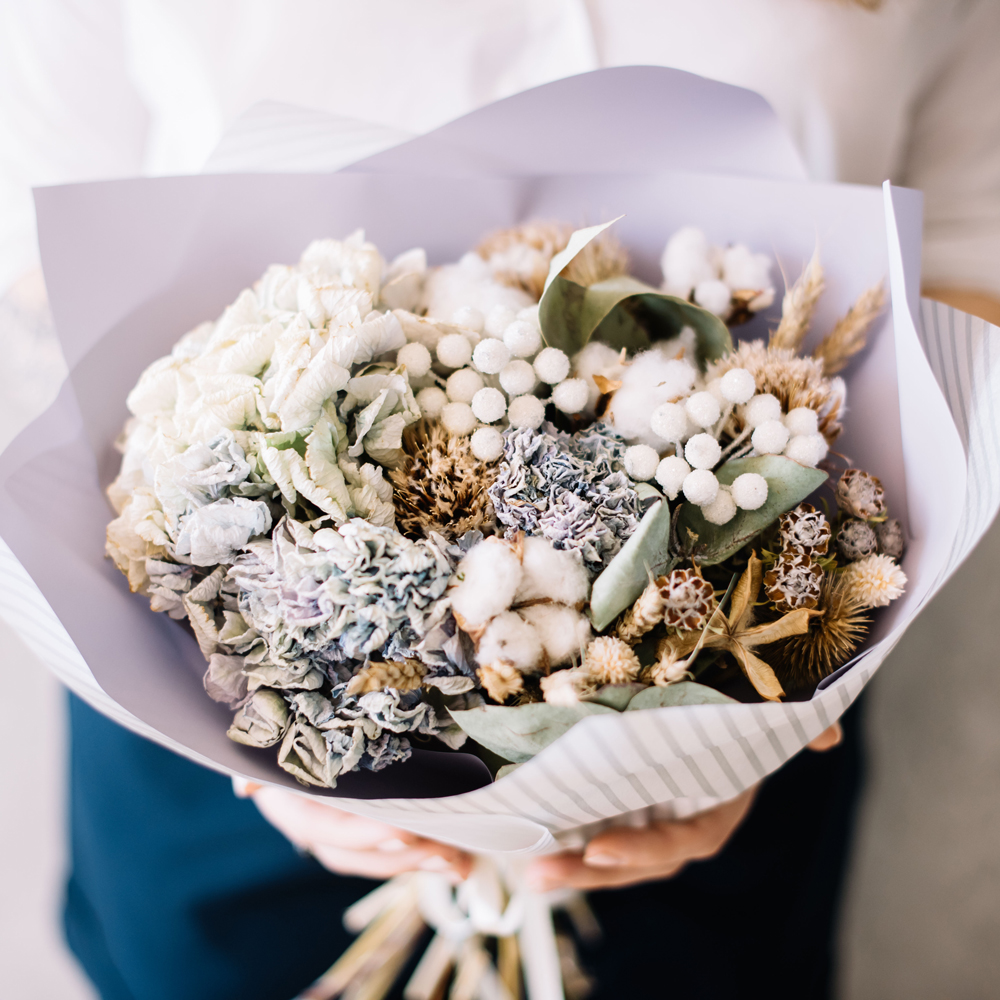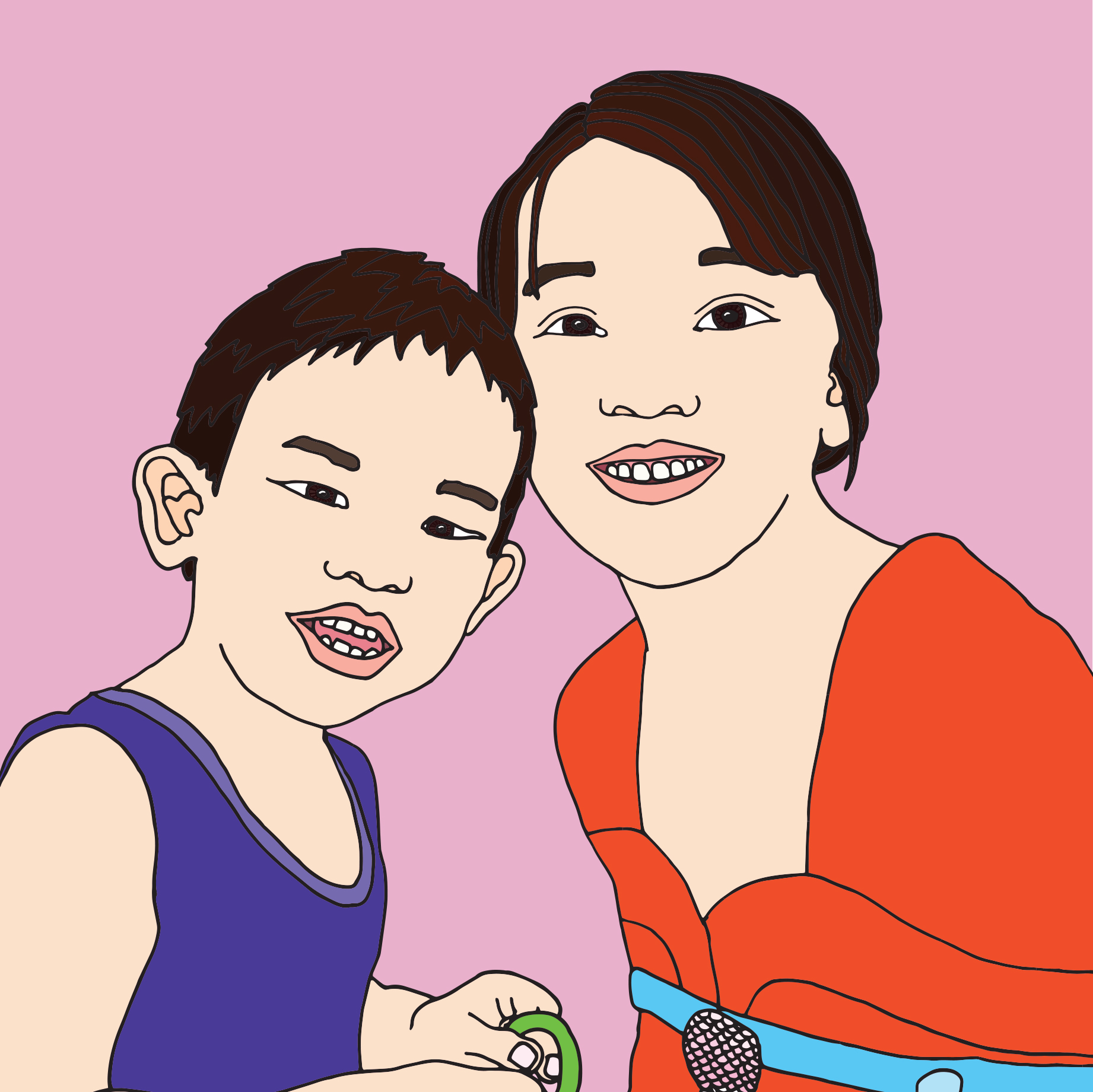Meet Our Experts: Counsellor, Kyrin Bhula from Atawhai Counselling + Supervision

Meet Kyrin Bhula, our go-to counselling and coaching expert for all your personal, social, and psychological questions. Each month we’ll be posting a question box on our Instagram where you can write in, then we’ll put your pressing questions to our expert panel.
Ko wai koe?
Ko Maungatautari tōku maunga
Ko Waikato tōku awa
Ko Tainui tōku iwi
Ko ngāti Korokī Kahukura tōku hapū
Ko Maungatautari tōku marae
Ko Martha rāua ko Mo ōku mātua
Ko kaitiaki tōku mahi
Ko Kyrin Bhula tōku ingoa
Kia ora koutou katoa.
Tell us about yourself.
My name is Kyrin Bhula and I grew up in a bi-cultural whānau with my Indian Dad and Māori Mum. I spent all of my younger years in Tauranga, before moving to Otāutahi at 18, and eventually settling in Tāmaki Makaurau in 2014. Currently I work for myself as a counsellor (Atawhai Counselling + Supervision). I am also a caregiver to Mum who has alzheimers, and I run a small online shop.
What are your qualifications and how long have you been working in this area for?
I am a qualified counsellor with a Bachelor of Health Science from AUT, and I am a provisional member of the New Zealand Association of Counsellors. I also have a Bachelor Arts and PGDip from the Univesity of Canterbury. I have been working as a counsellor for the past 4 years and prior to that I worked as a support worker, and social worker for about 10 years in different NGO’s between Tauranga, Otāutahi and Tāmaki Makaurau. Most of my work in NGO’s was working with women and children who are affected by family violence.
What does an average day in your role look like? (Describe what someone with your job actually does.)
My day-to-day as a counsellor is pretty great, I am pretty lucky to work for myself so I get to pick my own days and hours. A typical day for me as a counsellor is seeing 5 – 6 clients in a beautiful space in Kingsland, Auckland. Or seeing clients over Zoom (where my cat constantly finds ways to interrupt sessions). I don’t have a lot of paperwork to do so a lot of my energy is spent creating and holding safe space for my clients to express themselves. When I’m not seeing clients I will be writing ideas or questions down, or reading any manner of journal articles and books.
Tell us in five words how your patients/clients would describe you.
Patient, kind, hopeful, honest, and insightful.

When it comes to taking care of people, especially māmā, what are you most passionate about?
There are so many things to talk about here, but as I have grown as a person and a counsellor I think the most important thing for me has been giving people space to be heard and seen. I’m passionate about creating a space where people, and especially Māmā feel comfortable to say and express anything they need to, free from judgement or the feeling like I’m there to “fix” them. To be open and honest, and heard in all of the things that make us vulnerable, and ultimately make us human.
What are the most common challenges you see māmā facing during pregnancy and postpartum, and how do you help them as a counsellor?
At the moment I’m seeing a lot of Māmā who feel lonely and isolated from community, everyone and everything is busy all the time and the world is moving at a very fast pace. And finding and building new communities when pēpē comes along can be very challenging. We are lucky in Aotearoa to have access to the maternity care that is available, but sometimes it isn’t enough. It truly takes a village to support all of us, but especially those who are raising and nurturing our most vulnerable.
I help by being there, being available as a connection, especially when Māmā are feeling overwhelmed and scared of being judged by expressing feelings of distress. I also support my clients by exploring ways they could ask for more support, or find more community.
What is your health and wellbeing philosophy, especially in terms of Te Whare Tapa Whā?
Te Whare Tapa Whā is one of the best models we have in Aotearoa that really looks after the whole. Counselling is great and I am a huge advocate for it, but it isn’t the only thing that keeps a person well. Access to good healthcare, kai, warm houses, whānau, friends and so much more are the things that keep us healthy and thriving. Te Whare Tapa Whā acknowledges that community is an integral part of wellbeing, and that we don’t exist in isolation. I think that is really important, that when we are feeling low we can look to other places in our lives where things might be ok, or even good to give us encouragement of where life has been and can be.



